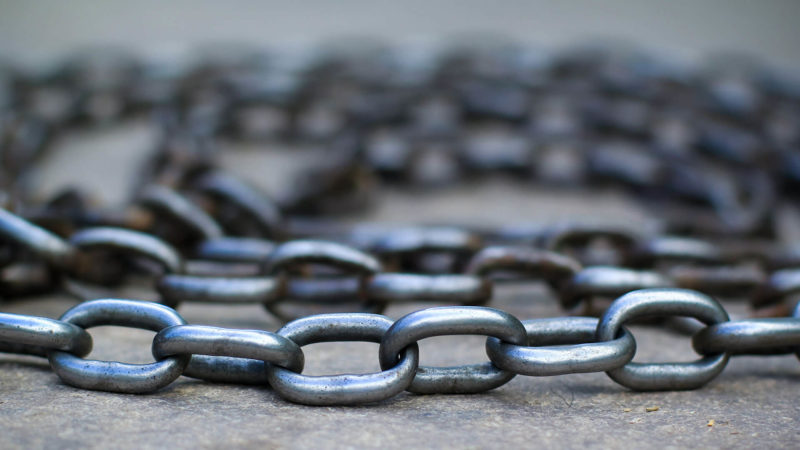Google labels your links, such as ‘footer’ or Penguin-impacted
Google's manual action team has access to look at a page's link labels and may use that to dig deeper into the site's activities.

In the A conversation with Google’s Gary Illyes (part 1) podcast at Marketing Land, our sister site, we learned that Google adds labels to your links. These labels can add classifications or attributes to the link, including whether the link is a footer link, whether it’s impacted by the latest Penguin update, whether it’s disavowed or other categorizations. A link can have multiple labels that make up the value and meaning of that link, which ultimately helps Google determine how to rank the related documents on the web.
Google’s manual actions team may look at these labels to determine if they should dig deeper into the site’s links and add a manual action penalty to the site or not. Although, Illyes added, he doesn’t do much work with that specific team, so he isn’t too aware of their daily processes.
In addition, Illyes listed three types of labels one might find on a link: “Penguin real time,” which would be the new Penguin algorithm; “footer” links, which would help Google determine how important the link is — i.e., it being in the footer versus the main content; and “disavow” — so if a link is in the disavow file, it will also be labeled as such for that site. There are many more link labels, but he only shared these three.
Here is the audio embed of just this section:
https://soundcloud.com/marketingland/marketing-land-live-highlight-gary-illyes-on-link-labels
Here is the transcript:
Barry Schwartz: Is there some sort of flag that happens automatically. So that the manual action team is notified that, hey, there is a devalue going on here by Penguin?
Gary Illyes: I don’t work much with the manual actions team, but to the best of my knowledge, there is no flag that said that they have; they can look at the labels on the on the links or a site gets. Basically, we have tons of link labels; for example, it’s a footer link, basically, that has a lot lower value than an in-content link. Then another label would be a Penguin real-time label. If they see that most of the links are Penguin real-time labeled, then they might actually take a deeper look and see what the content owner is trying to do.
Danny Sullivan: You were talking about how Penguin is looking and identifying things and to think of it as part of like a link label. So, like Google is looking at things like, OK, I know this is a footer link or this is a content link or this is a Penguin link. So tell us more about that.
Gary Illyes: So, if you think about it, there are tons of different kinds of links on the internet. There are footer links, for example. There are Penguinized links, and all of these kinds of links have certain labels internally attached to them, basically for our own information. And if the manual actions team is reviewing a site for whatever reason, and they see that most of links are labeled as Penguin real-time affected, then they might decide to take a much deeper look on the site and see what’s up with those links and what could be the reason those links exist — and then maybe apply a manual action on the site because of the links.
Barry Schwartz: Which is why Google still recommends you disavow links, because I guess if a manual action team sees all these labels on it, and they look at the disavow file, and they say, hey this SEO or this webmaster [is] aware of these links and they’re going ahead and trying to take no responsibility… Would these labels show up if the links are disavowed, or they probably wouldn’t?
Gary Illyes: So disavow is again, basically, just a label internally. It’s applied on the links and anchors. And then you can see that, as well. Basically, you could have like a link from, I don’t know, WhiteHouse.gov, and it has labels Penguin RT, footer and disavow. And then they would see that — they would know that someone or the webmaster or content owner is actively tackling those links.
You can listen to part one of the interview at Marketing Land.
Related stories
New on Search Engine Land